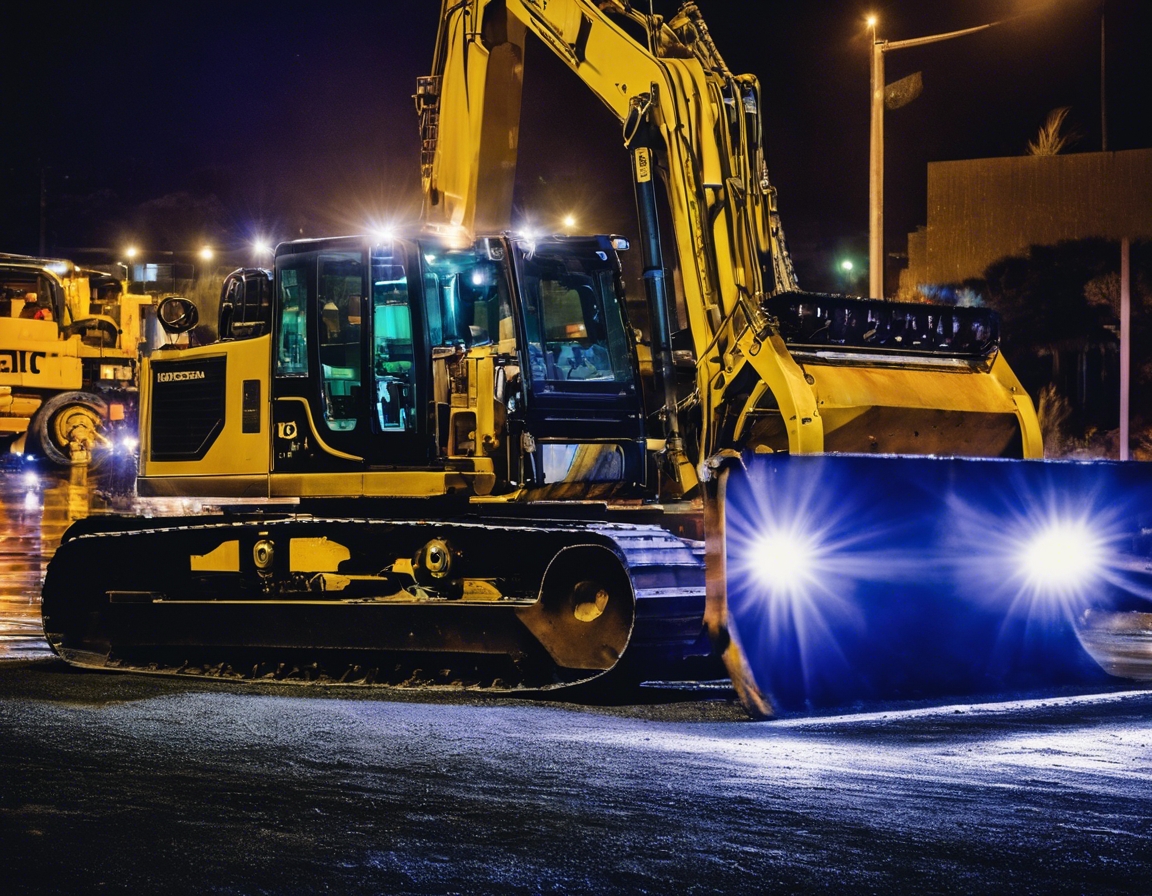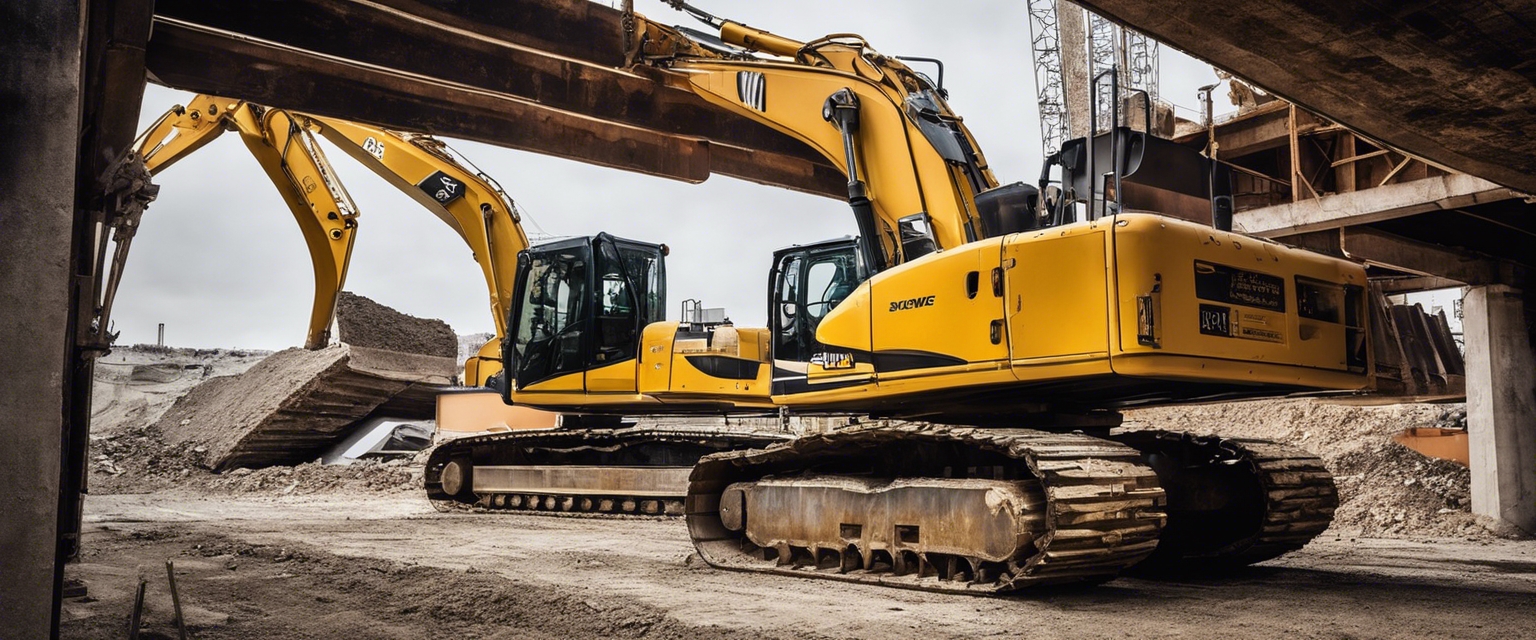5 ways wheeled excavators improve construction efficiency
Wheeled excavators are a type of heavy construction equipment that feature a set of wheels instead of tracks. They are designed for a range of tasks including digging, lifting, and grading. With their unique configuration, they offer a distinct set of advantages that can significantly improve construction efficiency.
Unlike their tracked counterparts, wheeled excavators are better suited for projects that require frequent repositioning and travel over paved surfaces. They provide superior mobility and can reduce the time and cost associated with moving equipment from one site to another.
Enhanced Mobility and Speed
One of the primary benefits of wheeled excavators is their exceptional on-site maneuverability. They can easily navigate around obstacles and move between work areas without the need for additional transport. This agility allows for quicker task completion and enhances overall project timelines.
Wheeled excavators can travel independently between job sites without the need for trailers or additional hauling equipment. This capability not only saves on transportation costs but also enables contractors to respond more rapidly to job demands, thus improving project efficiency.
Versatility in Various Terrains
These machines are particularly well-suited for urban construction projects. Their wheel-based design allows them to operate on streets without damaging the pavement, making them ideal for city-based infrastructure development where minimizing disruption is crucial.
Wheeled excavators are equipped to handle a variety of ground conditions. While they excel on hard surfaces, they can also be outfitted with specialized tires to improve traction and stability on softer grounds, expanding their usability across different project sites.
Reduced Ground Damage
Minimizing the impact on construction sites is essential for environmental protection and cost control. Wheeled excavators exert less pressure on the ground compared to tracked machines, reducing the risk of damage to the site's surface.
Their ability to cause less ground damage is particularly beneficial when working on sensitive surfaces or in areas where restoration costs can be high. This feature of wheeled excavators can lead to significant savings and a lower environmental footprint.
Increased Operational Time
With the ability to quickly move from one task to another without extensive setup or teardown, wheeled excavators can significantly reduce downtime. This increased operational time directly translates to higher productivity and efficiency on the construction site.
In urban areas, construction work often needs to be scheduled around peak traffic times. Wheeled excavators, with their reduced noise and ground impact, can operate during extended hours, thus maximizing the workday and adhering to local regulations.
Cost-Effectiveness
The self-propelled nature of wheeled excavators eliminates the need for costly transportation equipment and permits. This can result in substantial cost reductions over the lifespan of a project.
Wheeled excavators generally require less maintenance than tracked excavators, as they have fewer moving parts that come into contact with abrasive materials. This leads to longer service intervals and lower overall maintenance costs, contributing to a more cost-effective operation.






Comments (0)